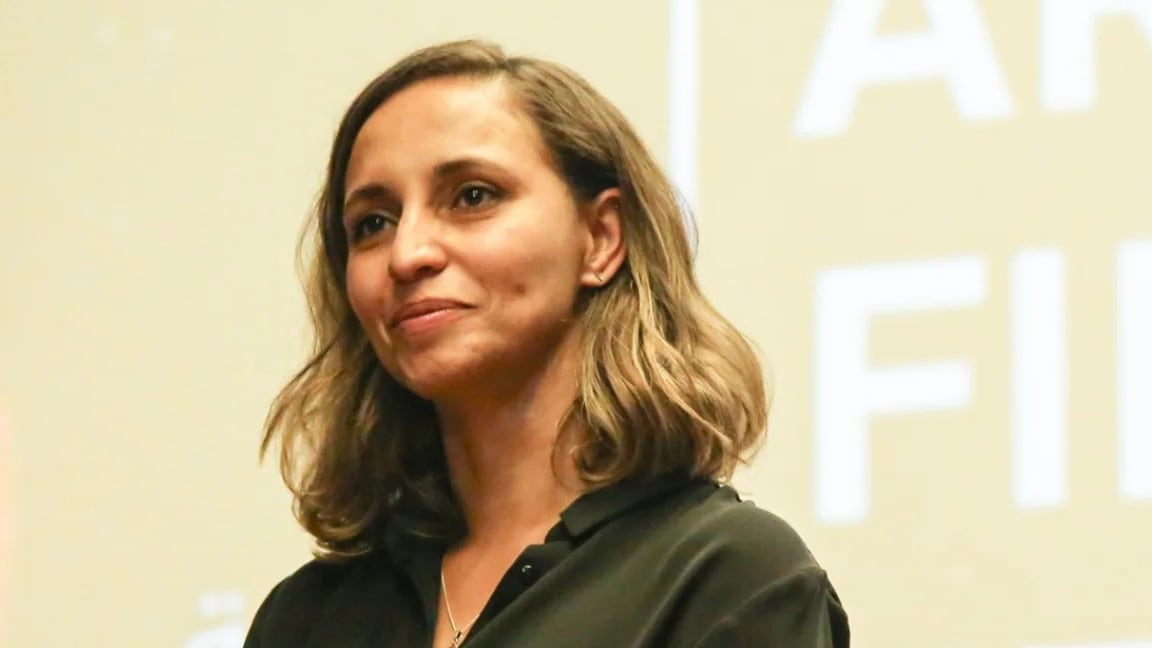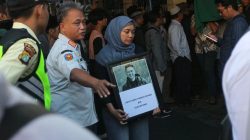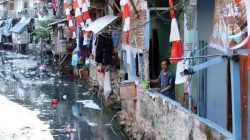A New Voice in Moroccan Cinema
Sitting in a boutique hotel in Valletta, Moroccan filmmaker Seloua El Gouni is feeling inspired. She has just screened her debut feature, The Wound, at the Mediterrane Film Festival, now in its third year. The film explores the complex relationship between a young woman and a non-Muslim man, highlighting the cultural and personal struggles that arise from such a union.
El Gouni has visited Malta twice before and is impressed by the way the island’s film commission welcomes overseas productions. “Given the importance that Malta gives to the film industry, we would like to set something here,” she says. Her optimism feels infectious. Just days earlier, The Wound had its Moroccan premiere at the Casablanca Arab Film Festival, before what she hopes will be a release in cinemas in 2026.
A Story That Resonates
The story follows Leila (Oumaima Barid), a young woman living in Casablanca whose relationship with a non-Muslim man leads to friction with her father. The reaction from El Gouni’s home crowd was surprisingly encouraging and very positive. However, the surprise factor came during the after-screening Q&A. “Men interacted with us more than women. We had notes from them, we had questions from them,” she says.
In Malta and in Lebanon, when the film had its Mena premiere at the Beirut International Women’s Film Festival, it was the opposite: the biggest reactions came from female audience members. Either way, The Wound is a film that touches a nerve.
From Shorts to Features
After directing two shorts and producing the 2023 documentary Harraga – Those Who Burn Their Lives, El Gouni realized it was time to move into features. She set about working on The Wound, scripted by producer Taha Benghalem and brothers Brian and Brice Bexter. Brice also stars in the film, alongside Moroccan-Canadian actress Soraya Azzabi and Paris-born Moroccan actor Sami Fekkak.
“We wanted to make something meaningful,” she says, noting that public discourse in Morocco at the time centred on “personal freedoms in terms of relationships, what’s accepted and what’s not accepted.” The screenplay is an amalgam of true stories of women like Leila, and El Gouni says: “It’s basically an alternate reality with very realistic events.”
Realistic Stories with Global Relevance
What happens to Leila is shocking, but such events are not confined to Morocco, or the Arab world. “All over the world, we’ve heard stories,” she adds, pointing out that during the writing process women were losing agency over their own bodies, as abortion rights were being removed across the US.
The Wound does well in showing modern Casablanca, where many young women (like Leila’s free-spirited best friend Sophia) live an existence with few restrictions. “It depends on your lifestyle, depends on who you work with, your entourage and upbringing,” says El Gouni. “You can be on good terms with your parents and live alone as a woman in Morocco. I myself left home when I was 17, like in any normal European culture.” Equally, your upbringing may still be dangerously ultra-conservative.
A Filmmaker with Diverse Experience
The Wound is her first feature, but El Gouni has a wealth of filmmaking experience. She has worked on some major English and American films, as a production co-ordinator and production supervisor, such as Men in Black: International and The Forgiven with Ralph Fiennes. She also worked as assistant to the Russo brothers, the filmmakers behind Avengers: Endgame, Infinity War and the upcoming Doomsday, when they made Cherry with Tom Holland.
The experience of collaborating on big-budget films was highly useful when it came to making The Wound. “You read the script fully, keeping your eyes on the budget,” she says. “That helped us into creating something very effective, very efficient, in terms of budget, production value, and then just making sure it happens with the best quality possible.”
A Growing Scene for Female Directors
That included securing the services of Emmy-winning US cinematographer Travis Tips, who made the 2012 awards magnet Beasts of the Southern Wild. Tips’ participation indicates the increasingly healthy state of Moroccan cinema. “Especially for female directors,” El Gouni notes. “We do have more female directors than ever.” Filmmakers such as Maryam Touzani (The Blue Caftan), Meryem Benm’Barek-Aloisi (Sofia) and Asmae El Moudir (The Mother of All Lies) show just how vibrant the scene is right now.
Still, very few can claim they have a movie by Terrence Malick on their CV. El Gouni was production co-ordinator on The Last Planet, Malick’s long-gestating retelling of the life of Jesus. “It still hasn’t come out!” she exclaims. The famously press-shy Malick, director of revered classics such as Badlands and Days of Heaven, has been in the edit with the film since it was shot in 2019. With the Hungarian-born Geza Rohrig (Son of Saul) featuring as Jesus and Mark Rylance playing Satan, it is one of the most anticipated films.
“It will be wonderful,” El Gouni promises. “Malick is very calm, and all the sets are calm. You don’t have that stress of being on a set. It’s an experience that I don’t think I’ve had before, but it was really special. I hope the film will come out this year.”






